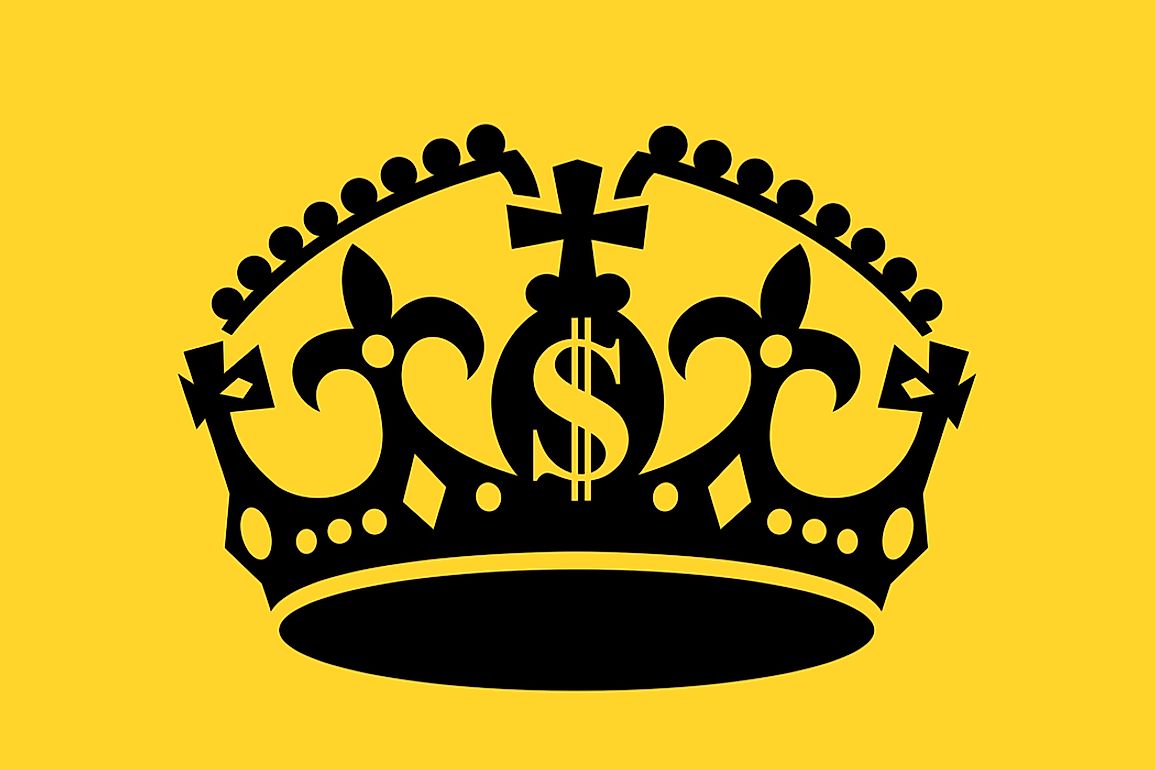The Enduring Power of the Few

Oligarchy, a term rooted in the Greek words "oligos" (few) and "arkhein" (to rule), refers to a form of governance characterized by the rule or dominance of a small, privileged, and influential group of individuals or entities. This socio-political phenomenon has played a significant role in shaping the course of human history, posing both challenges and questions about the distribution of power, social inequality, and the preservation of democracy.
Historical Origins of Oligarchy
Oligarchies have ancient roots, dating back to the earliest human civilizations. In ancient Greece, city-states such as Athens and Sparta grappled with different forms of oligarchic rule. The wealthy elite, often landowners, exerted considerable control over political decisions and resources, leading to tensions and occasional upheavals.
Characteristics of Oligarchy
Oligarchy is characterized by several key features:
1. Concentration of Power
Political and economic power is concentrated in the hands of a small and privileged group, which may be defined by wealth, social status, or other criteria.
2. Exclusion of the Majority
Oligarchies frequently exclude the majority of the population from meaningful participation in decision-making, leading to disenfranchisement and social inequality.
3. Control of Resources
Oligarchs often control significant resources, including land, businesses, and financial assets, which further cement their influence and economic dominance.
4. Influence Over Institutions
Oligarchies may exert influence over political institutions, legal systems, and media to safeguard their interests and maintain their grip on power.
Historical Examples of Oligarchy
Throughout history, various societies have experienced forms of oligarchic rule:
- The Roman Republic, during its later stages, saw the emergence of an oligarchic class known as the "nobiles," who controlled political offices and sought to maintain their privileges.
- Feudal systems in medieval Europe were often characterized by landowning nobility who held significant political and economic power.
- Some argue that contemporary examples of oligarchy can be found in countries where a small group of wealthy elites exert disproportionate influence over politics and policymaking.
Contemporary Manifestations
In the modern era, oligarchy can manifest in various ways:
Economic Oligarchy
In some countries, a small number of wealthy individuals or corporations may wield outsized influence over economic policies and resource allocation.
Political Oligarchy
Certain political systems may concentrate power within a ruling elite, limiting the representation and participation of the broader population.
Plutocracy
Oligarchy can overlap with plutocracy, where the wealthy elite have a dominant role in governance due to their financial resources.
Challenges Posed by Oligarchy
Oligarchy poses several challenges to society:
1. Democracy Erosion
Oligarchic tendencies can undermine democratic principles, as the majority's interests may be subverted by the interests of the few.
2. Social Inequality
Oligarchies often perpetuate social and economic inequality, creating disparities in access to education, healthcare, and opportunities.
3. Resource Exploitation
Oligarchs may exploit resources for personal gain, leading to environmental degradation and resource depletion.
4. Corruption
The concentration of power can facilitate corruption, as elites may use their influence to secure favorable policies and contracts.
Mitigating Oligarchic Influence
Efforts to address oligarchy include:
1. Strengthening Democratic Institutions
Building robust democratic institutions, such as independent judiciaries and free media, can help safeguard against undue oligarchic influence.
2. Campaign Finance Reform
Implementing campaign finance regulations can reduce the ability of wealthy elites to disproportionately influence elections and policymaking.
3. Anti-Corruption Measures
Effective anti-corruption measures, including transparency and accountability mechanisms, can help combat corruption associated with oligarchic rule.
Conclusion: The Ongoing Struggle for Equity
Oligarchy, with its historical lineage and contemporary relevance, remains a complex and multifaceted challenge for societies worldwide. As the struggle for equitable governance and social justice continues, addressing the concentration of power and wealth in the hands of the few remains a critical endeavor. The preservation of democratic ideals and the pursuit of social equality require vigilance, engagement, and a commitment to the principles of fairness and representation for all citizens, ensuring that the voices of the many are not drowned out by the influence of the few.
